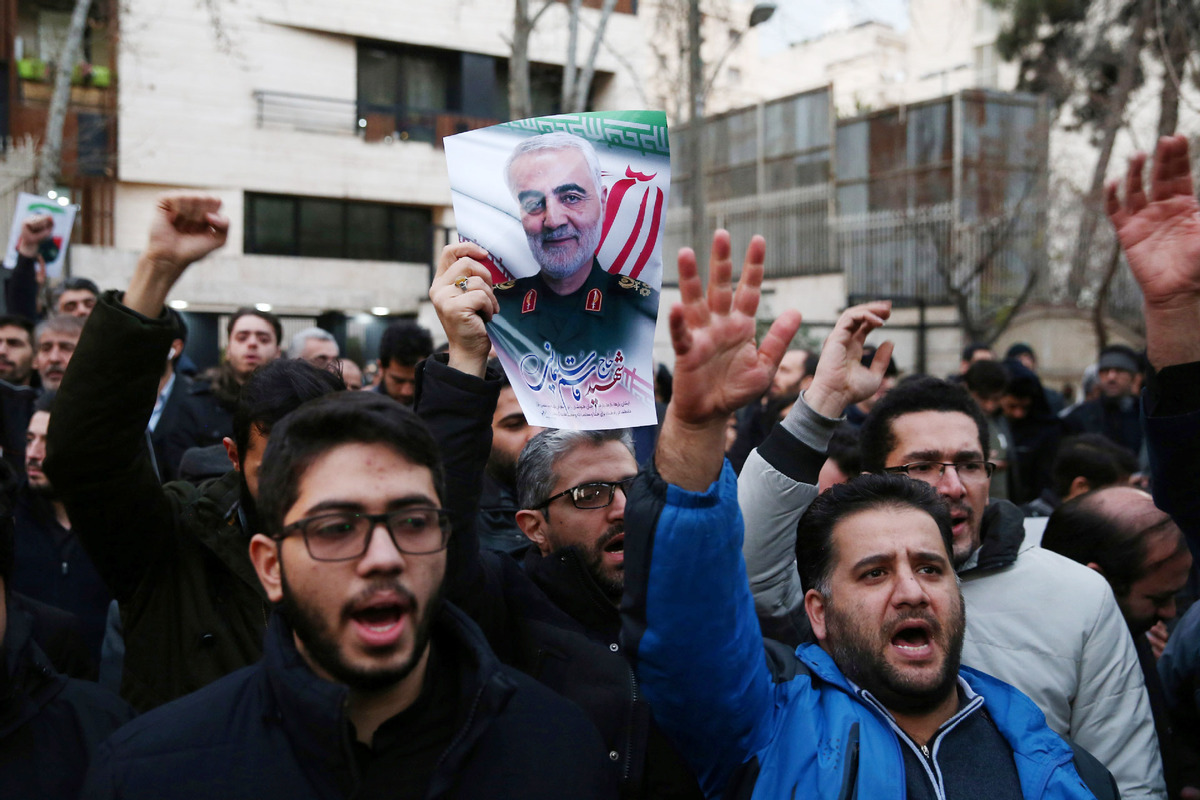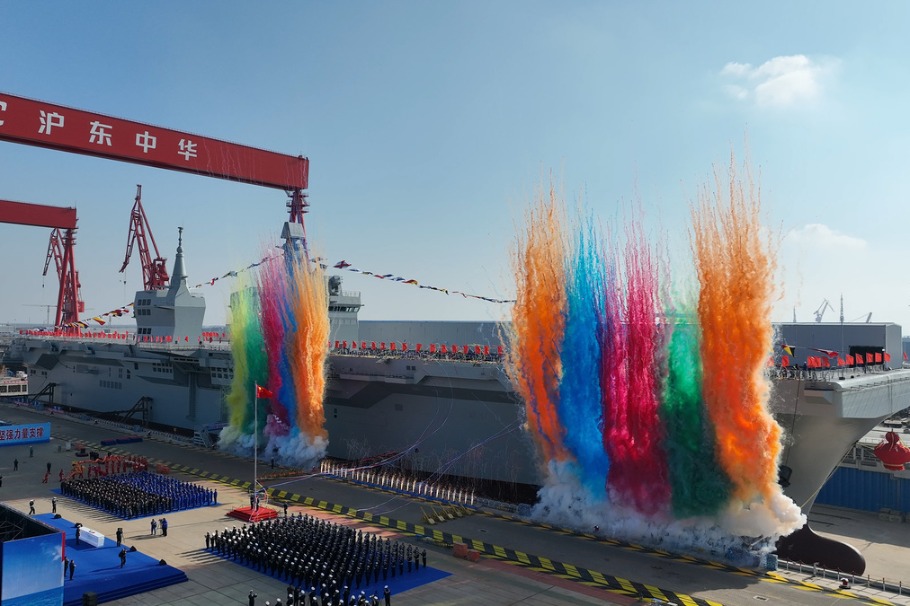Measured response needed on US-Iran tensions


The new year has not started well, with the US assassination on January 2 of top Iranian general Qasem Soleimani and Iraqi militia commander Abu Mahdi al-Muhandis, described as an adviser to Soleimani. Local media claim the two were meeting in Baghdad to discuss approaches to more stability and peace in the region. The two may have been military men but they were not in active military engagement when killed. The international community is divided on the merits of the US action.
The US Administration has described the attack as a measure to de-escalate tensions, as the US claims it had intelligence information of planned attacks on American assets and personnel which, if to happen, would have escalated the conflict. The US also justified the assassination of the Iranian general in retribution for past actions which cost American soldiers’ lives and “should have been done long ago”. For good measure, the recent killing of a US contractor and the assault on the US embassy in Bagdad on New Year’s Eve were part of the background.
Undoubtably, President Trump was in a difficult position. If the intelligence reports proved true by subsequent serious attacks on US interests, and he had done nothing, his followers would have condemned him. Think back to the 9/11 terrorist attacks in the US. Middle Eastern trainee pilots only wanting to learn how to fly a plane and not how to take off or land one. Why did the intelligence services not spot this strange behaviour? Of course, the alleged planned attacks under Soleimani could have happened without the US being aware at all. Then the US would have retaliated with more world sympathy and the US actions seen as a possible quid pro quo to settle the escalation. Above all else, as we have seen in several action movies, the window of opportunity to carry out a precision strike to assassinate an enemy does not arise often. So, there was much for President Trump to weigh up alongside the impact on his re-election year. As in much warlike behaviour, many citizens are often against it and demonstrations for “peace not war” are already seen in America.
The actual sequence of events requires a response by Iran and by Iraq and it seems that the world expects such. The people of Iran, after ongoing protests against the government and economic conditions (partly the result of US sanctions), seem united in the streets in support of their martyr and the authorities need to make a response to maintain control. What the world should hope for is that the response is measured, limited in impact and not harming US or other ordinary citizens who never wanted this conflict. If that response is measured, then the world can hope that the US accepts this as a levelling up and does not further escalate by a significant response of its own.
There is no doubt that much international diplomacy is at work to encourage such de-escalation, but the likely outcome is far from clear. President Trump has already promised further retaliation if there is a response to the killings, even mentioning hitting cultural sites, a war crime in the eyes of the UN. Other American officials have stated they would not target such sites, so there is not much evidence of a clear strategy. Then there is the aspect that the US Congress was not consulted on the action, and demands to be, before any further warlike activity. Nancy Pelosi may yet rein-in the president, even if allies cannot succeed in getting him to step back. In an argument, one of the most difficult aspects is getting one side to accept not having the last word.
Trump is not in one of his Casinos playing cards and responding “I will see you and raise you 5 million”. He has to stop raising the stakes. Let’s pray for peace.
Colin Speakman is an economist and an international educator with CAPA: The Global Education Network.
The opinions expressed here are those of the writer and do not necessarily represent the views of China Daily and China Daily website.


































